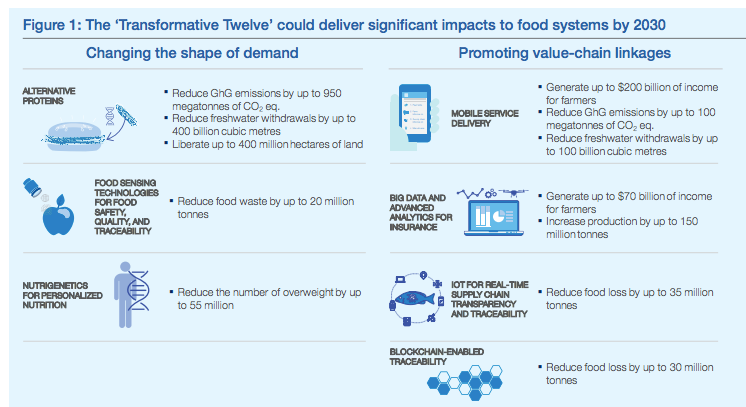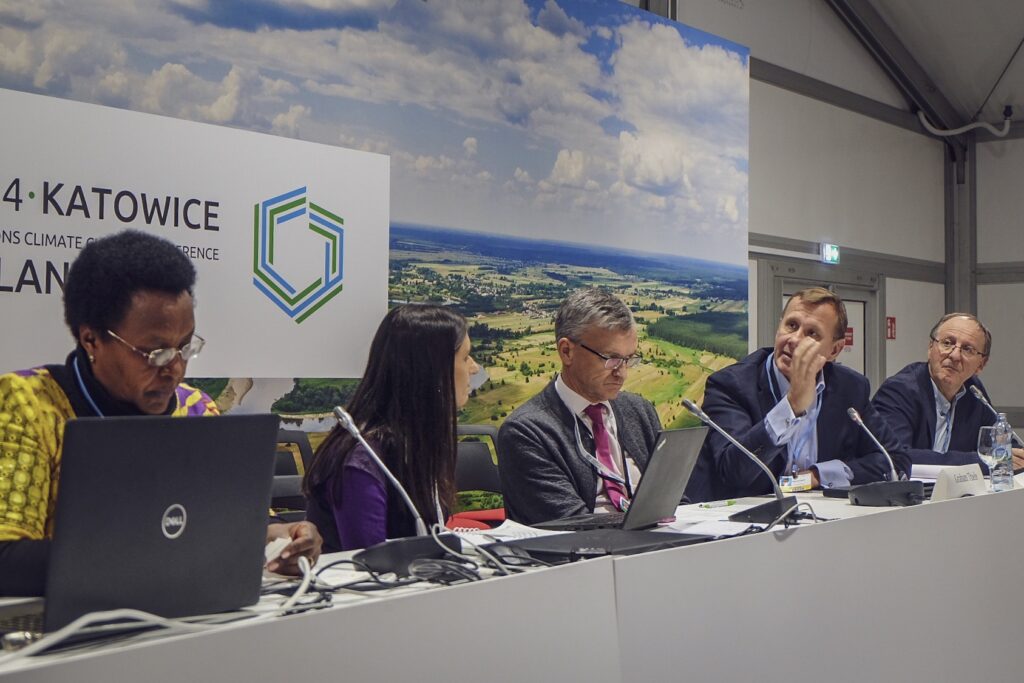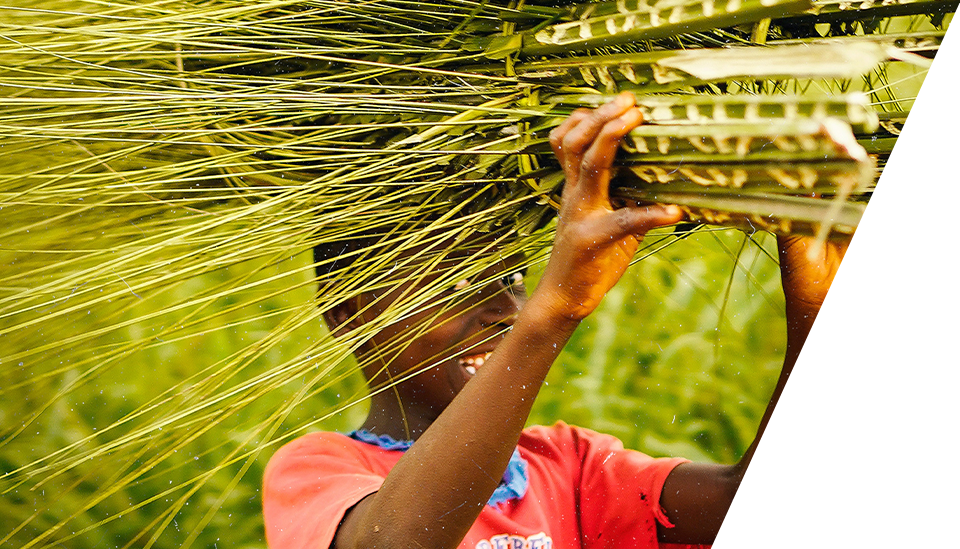Technology, food systems, and climate goals: COP24
Next generation technologies are needed to transform our food system to meet climate goals, say experts at COP24
Climate change is advancing faster than technology, warn experts at the UN climate talks in Poland this week. A “next generation” set of technologies will be needed in order to meet the challenge of feeding 9 billion people by mid-century, while achieving both climate and sustainable development goals.
As weather patterns shift and temperatures rise, crop varieties that we currently grow will no longer be fit for purpose, warned Graham Thiele, Director of the CGIAR Research Program on Roots, Tubers and Bananas. Current technology for breeding more resilient crops is not keeping up – it still takes 10-15 years to get crops from research stations to farmers’ field. Advances in gene editing and faster phenotyping offer much promise to speed up this process, he said.
Running foresight analyses, to determine future climate scenarios will also be critical to ensure we are breeding the right crops, or even shifting which crops we grow in which area, he added. This will rely on big data, drone mapping and even infa-red technology. Breeding efforts must also take the end-users’ preferences into account, or food of the future will not be adequate, he concluded.

Technology will also allow consumers to trace food more easily, said Sean de Cleene, Head of the Food Systems Initiative at the World Economic Forum. Blockchain and the Internet of Things will be key to this, and will help consumers trust the science behind how their food is grown, he said.
Twelve transformational technologies have been identified by the World Economic Forum, in a recent report entitled “Innovation with a Purpose”. Alternative proteins alone hold the potential to reduce land use by 400 million hectares of land, if meat consumption is reduced by just 10-15% between now and 2030. This will reduce greenhouse gas emissions by up to 950 megatonnes of CO2 equivalent.
However, no one technology alone can be transformative, emphasised Mr. de Cleene. Instead he advocated for an ecosystem approach, that could apply these technologies in combination.
Ana Maria Loboguerrero, Head of Global Policy at the CGIAR Resarch Program on Climate Change, Agriculture and Food Security presented pathways towards transformation, noting that “blue sky technologies” will be an essential driver towards realising this vision. She warned however that it will be important to analyse the trade-offs that come with scaling up new technologies. Robotic harvesting, for example, could lead to loss of a cultural connection to the land, where farming has been part of people’s lives for generations. In some cases, the application of technology could in fact widen the inequality gap. Policy interventions are therefore required to ensure these advances benefit the most in need, she said.
The panel emphasised the importance of existing technologies, such as modern mobile phones that have reached developing nations in the last decade. In 2005, there was just a 23% of penetration of mobile phones in developing countries. In 2017, Africa had an 80% penetration rate. Innovations like the existing mobile smartphone will also be critical to food system transformation.
“The is a false dichotomy that investing in research and development for new technology endangers the technology we have today,” commented Tobias Baedeker of the World Bank in his closing remarks. For true food system transformation, we need both, he concluded.
This reflection was authored by the CGIAR Research Program on Climate Change, Agriculture and Food Security. Follow them on Twitter here.


